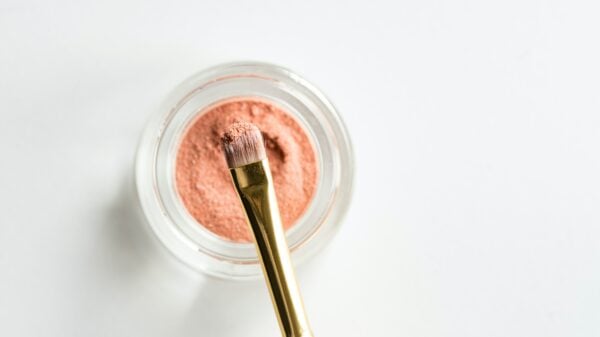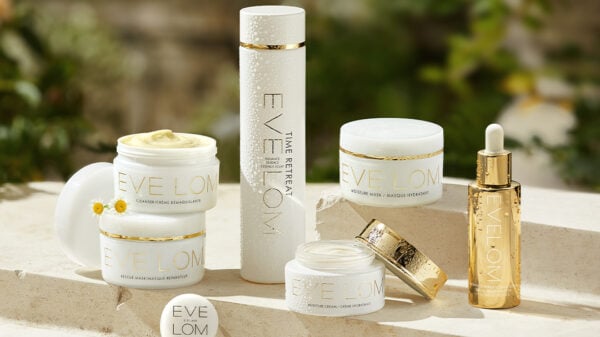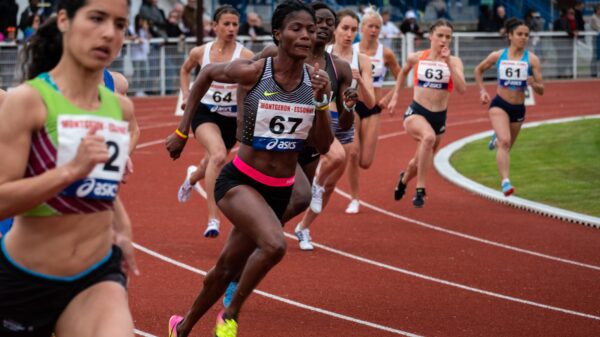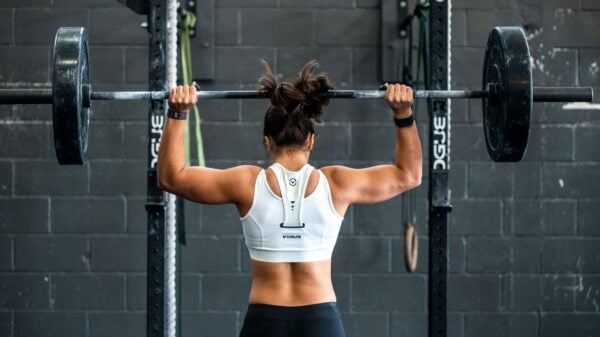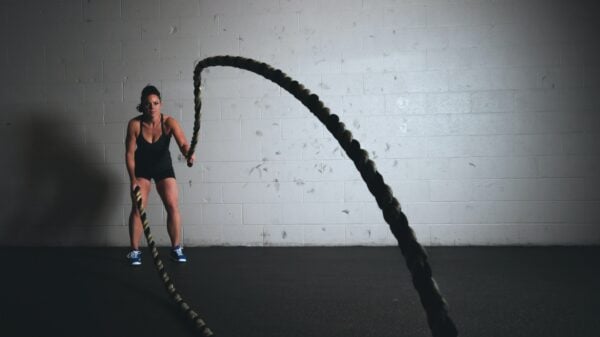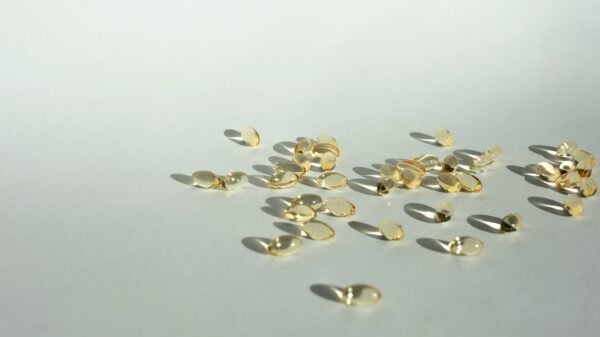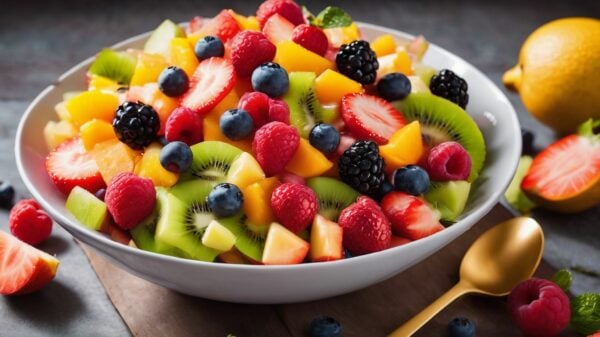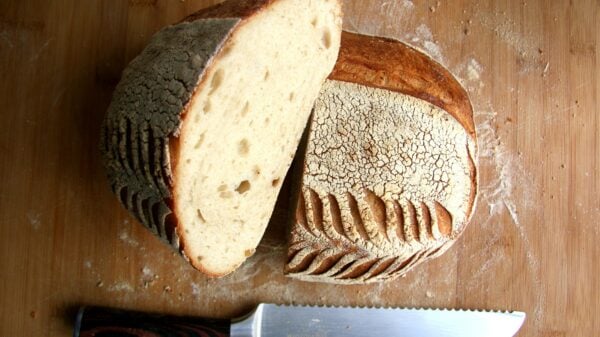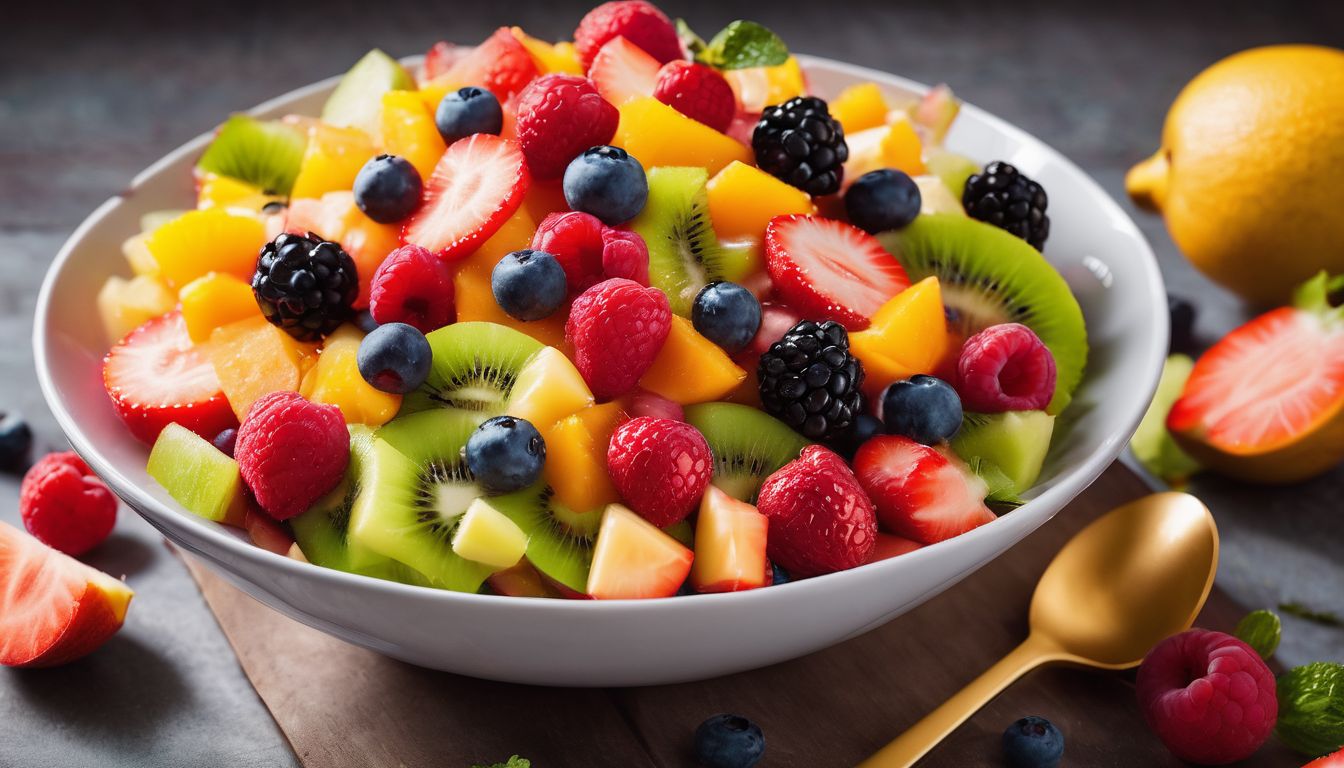A nutritional diet as a female athlete can often feel like navigating uncharted waters. Did you know that the nutritional needs of women in sports vary widely from those of men? This article will dive into the specifics, offering clear guidelines on what to eat for peak performance and quick recovery.
Get ready to fuel your game!
Nutritional Recommendations for Female Athletes
Female athletes need to ensure optimal energy availability (EA) through proper macronutrient intake, including adequate protein and carbohydrates, as well as essential micronutrients such as iron, vitamin D, and calcium.
Importance of energy availability (EA)
Energy availability is key for female athletes. It’s the energy left after a workout for your body to use. Your body needs this energy to stay healthy and keep up with daily life. Eating enough food will give you more energy.
If you don’t eat enough, your body takes the needed energy from other places in the body. This can make it hard for female athletes to stay fit and strong. So, getting enough food means better health and better play on game day.
Optimal macronutrient intake (protein, carbohydrates)
To perform at your best, it’s important for female athletes to have the right balance of protein and carbohydrates in their diet. Protein helps repair and build muscle tissue, while carbohydrates provide energy for workouts and training sessions.
Including lean meats, eggs, dairy products, and legumes can ensure you’re getting enough protein. For carbohydrates, choose whole grains like brown rice and quinoa, as well as fruits and vegetables.
Striking the right balance between these two macronutrients is key to fueling your body and supporting optimal health for athletic performance.
Essential micronutrients (iron, vitamin D, calcium)
Iron, vitamin D, and calcium are essential micronutrients that female athletes should pay attention to. Iron helps carry oxygen in the blood and is especially important for athletes because exercise increases iron loss through sweat.
Good sources of iron include lean meats, eggs, legumes, and fortified cereals. Vitamin D plays a role in bone health and immune function, both important for athletic performance. Sunlight exposure helps with vitamin D synthesis but it can also be found in fatty fish like salmon and fortified dairy products.
Lastly, calcium is crucial for strong bones and muscles. Dairy products such as milk, yogurt, and cheese are excellent sources of calcium along with leafy greens like kale or spinach.
Fueling Performance and Recovery
Plan your pre-event meals carefully to ensure optimal performance during exercise, and incorporate nutrient-rich foods such as lean protein sources like chicken or fish, carbohydrates from whole grains or fruits, and healthy fats from nuts or avocado.
Pre-event meal planning
For optimal performance, it’s important for female athletes to plan their meals before an event. A pre-event meal should provide enough energy and nutrients to fuel the body during exercise.
Focus on consuming carbohydrates, such as whole grains or fruits, which give you energy. Lean proteins like chicken or beans help with muscle repair and recovery. Avoid heavy and greasy foods that can cause discomfort or slow digestion.
Remember to stay hydrated by drinking water leading up to the event. By planning your pre-event meal carefully, you can give your body the fuel it needs for a successful performance without feeling weighed down or experiencing digestive issues.
Nutritional diet and exercise
During exercise, nutrition plays a crucial role in fueling your body and optimizing performance. It’s important to focus on consuming the right nutrients before, during, and after your training sessions.
To provide your body with the energy it needs during exercise, prioritize carbohydrates from sources like whole grains, fruits, and vegetables. These carbs are easily digested and provide a steady release of energy throughout your workout.
Additionally, include lean protein sources such as chicken breast or Greek yogurt to support muscle repair and recovery.
Stay hydrated by drinking water before and during exercise to prevent dehydration. If you’re engaging in intense or prolonged workouts, consider sports drinks that contain electrolytes to replenish what you lose through sweat.
Nutritional strategies
To optimize recovery after intense training sessions, female athletes should prioritize their nutrition strategies. Consuming a combination of carbohydrates and lean protein within 30 minutes to an hour after exercise can help replenish glycogen stores and support muscle repair.
Good food choices include foods like lean meats, eggs, dairy, and legumes. Additionally, staying hydrated by drinking plenty of water throughout the day is crucial for optimal recovery.
Aim for at least 8 cups (64 ounces) per day, or more if you are exercising intensely or in hot weather. Remember to listen to your body’s hunger cues and eat enough calories to meet your energy needs in order to promote proper recovery and fuel future workouts effectively.







